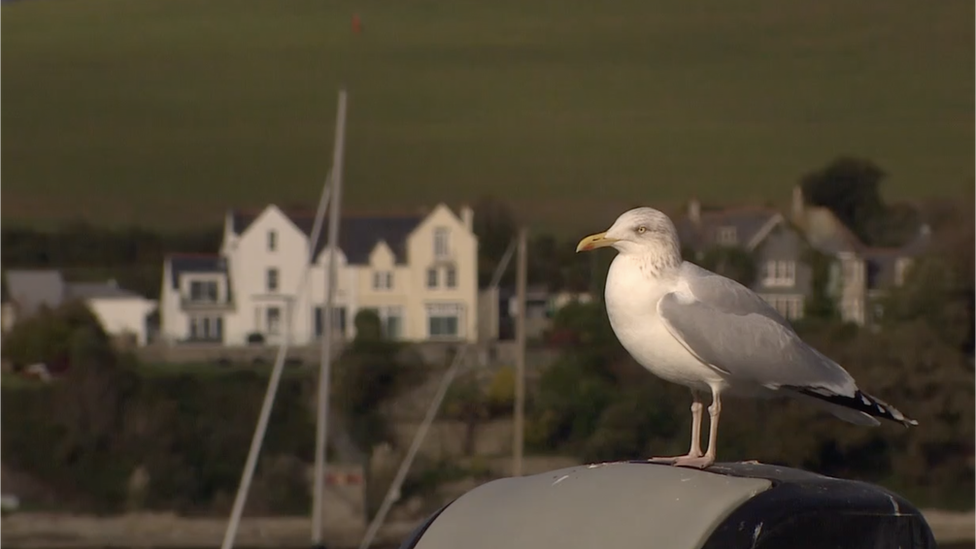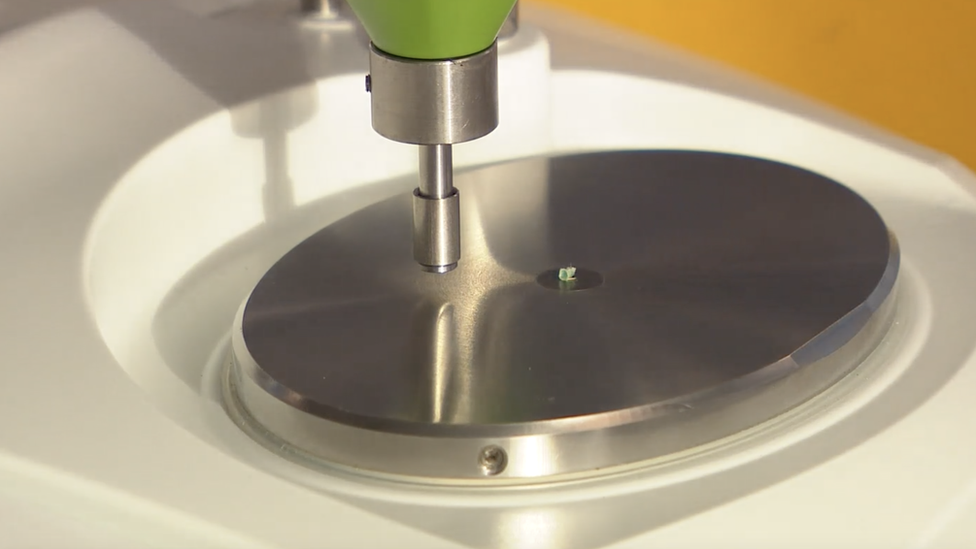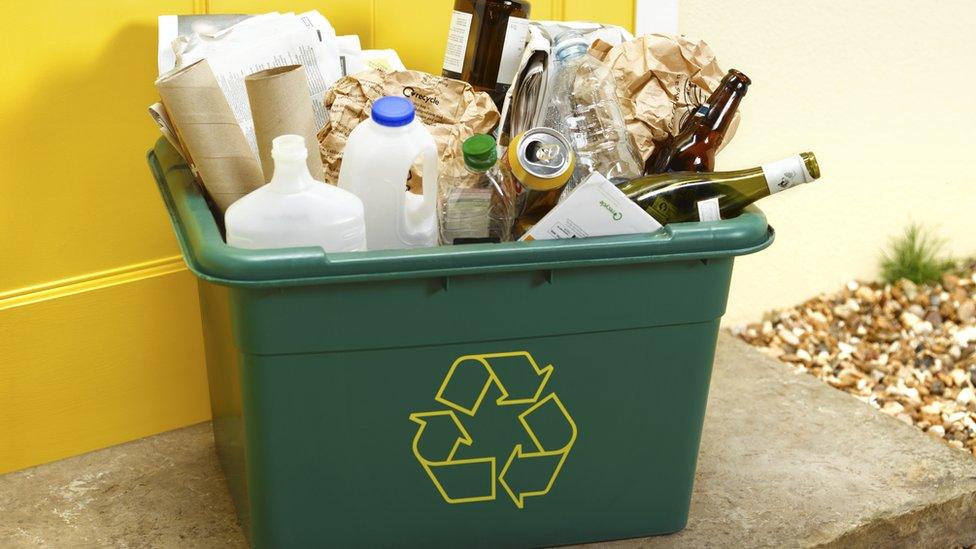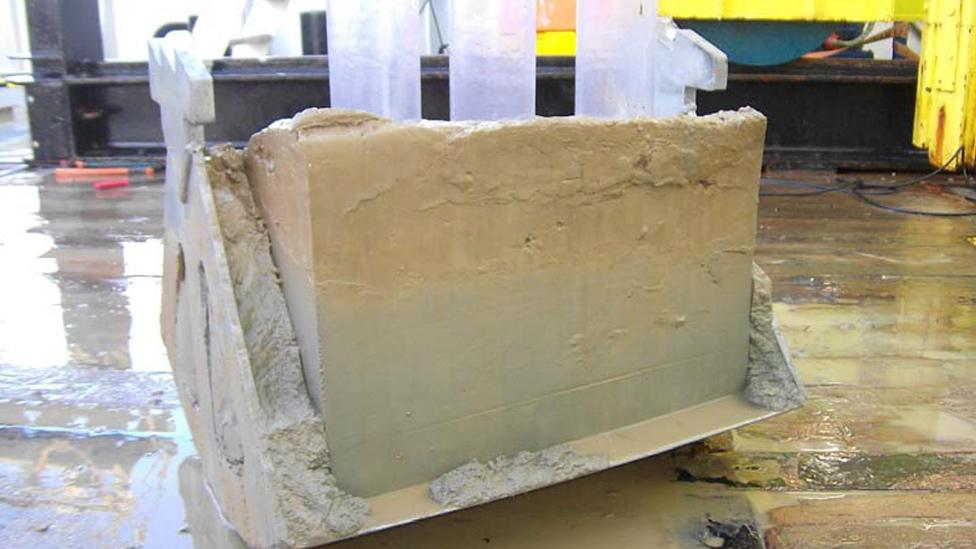Plastic found inside regurgitated seagull pellets
- Published

The herring gulls are said to be a useful model for the impact of plastic on other birds too
Plastic has been found in pellets that have been regurgitated by seagulls, a study has found.
The findings are part of a study being done by children and students at the Penryn campus of the University of Exeter.
Experts found the birds were eating plastic.
The scientists also had concerns the chemicals contained in the plastic may be absorbed by the gulls' bodies.

Micro plastics were found during the study
Prof Jon Blount, from the University of Exeter, said: "It's really important we study what the biological impacts are.
"It's not just about herring gulls, they're just a useful model for understanding the impact of plastic pollution on birds in general."
One of the pupils from Mullion School said: "We found quite a lot of microbeads, quite a bit of plastic, some back bones of beetles and fish bones, but the majority of it is plastic."
Marieke Royle, the students' science teacher, added: "They're learning to do something about the problems which I think is very empowering for them."
Update 1 March, 2021: This article has been amended to make the results of the study clearer.

Follow BBC News South West on Twitter, external, Facebook, external and Instagram, external. Send your story ideas to spotlight@bbc.co.uk
- Published25 October 2021

- Published1 May 2020
